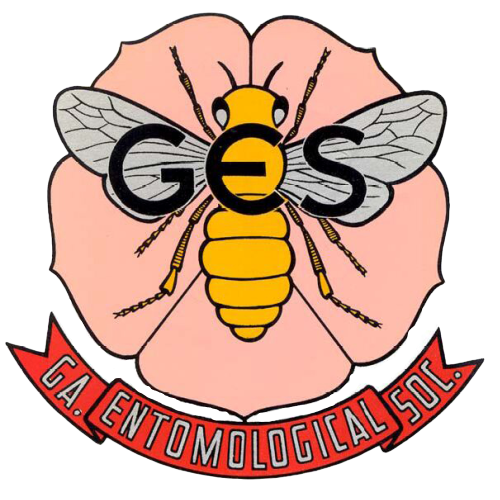Editorial Type:
Article Category: Research Article
| Online Publication Date: 01 Jan 1987
NESTMATE RECOGNITION: THE ROLE OF CUTICULAR HYDROCARBONS IN THE ANT CAMPONOTUS VAGUS SCOP.
NESTMATE RECOGNITION: THE ROLE OF CUTICULAR HYDROCARBONS IN THE ANT CAMPONOTUS VAGUS SCOP.
,
, and
Page Range: 1 – 10
Both behavioral and chemical analyses demonstrated that in the ant Camponotus vagus the colony recognition signal is strongly correlated with the composition of cuticular hydrocarbons. Variation of relative proportions of dimethylalkanes characterize the chemical signatures in different colonies.
Keywords:
Camponotus vagus
; cuticular hydrocarbons; nestmate recognition
Copyright: © 1987 Georgia Entomological Society, Inc.
Contributor Notes
1C.N.R.S./Ethologie, 31, Chemin Joseph Aiguier, 13402 Marseille Cedex 9, France and Université de Provence, Marseille France.
2Laboratoire d'Evolution (C.N.R.S., UA 681), Université Pierre et Marie Curie, 105, bd Raspail, 75006 Paris, France.
3Laboratoire de Chimie Organique Structurale (C.N.R.S., UA 455), Université Pierre et Marie Curie, 4, place Jussieu, 75005 Paris, France.
Accepted: 30 Oct 1986
